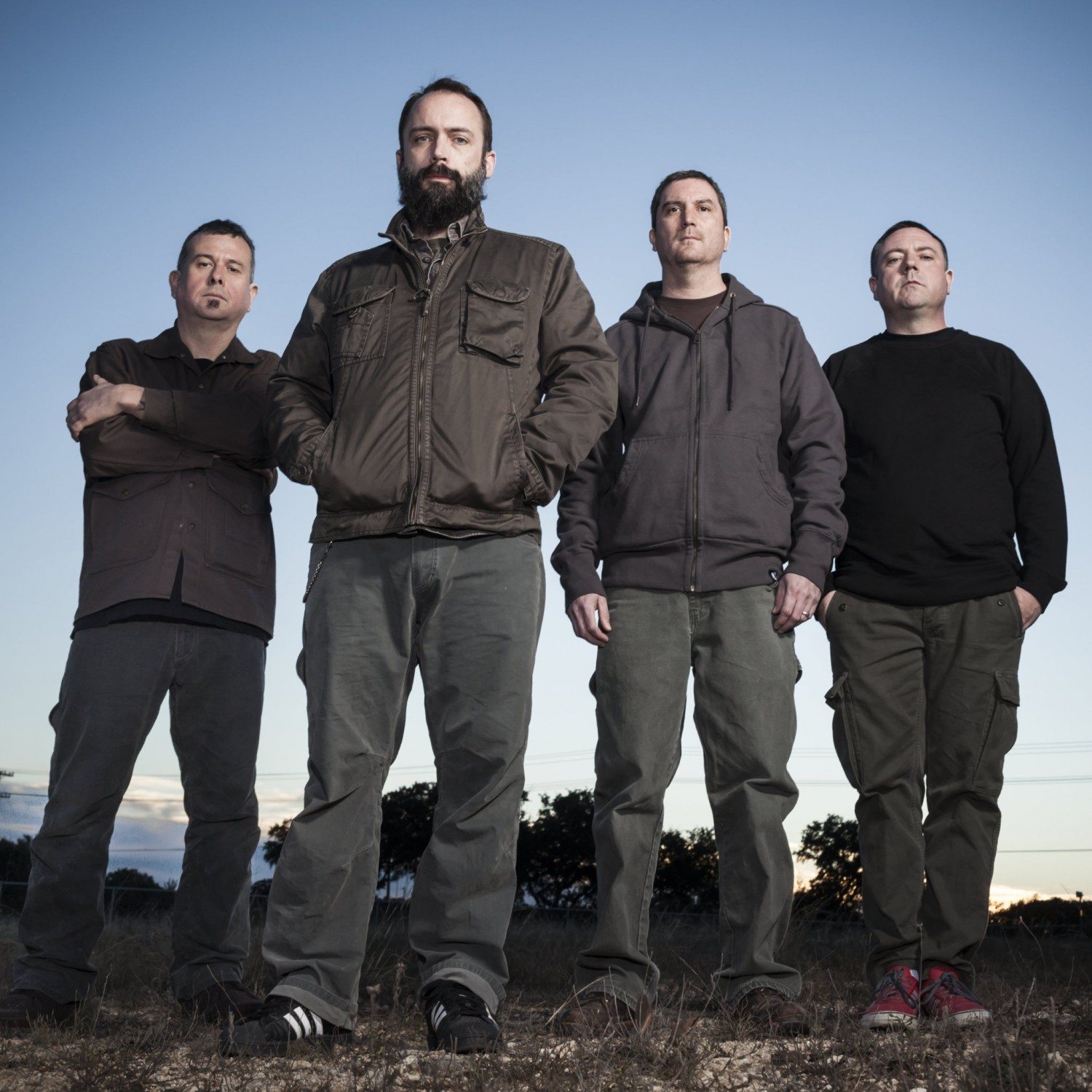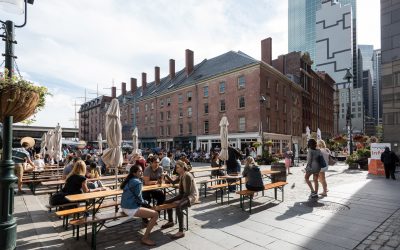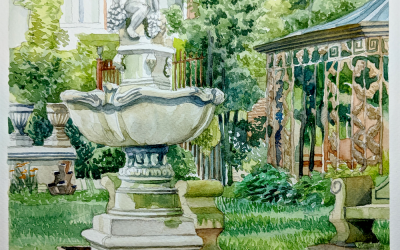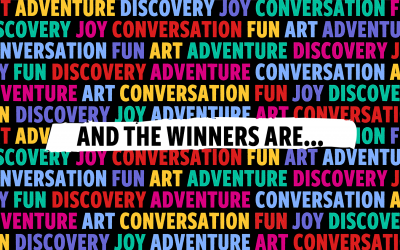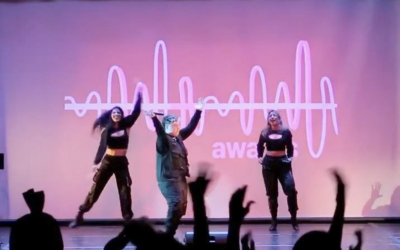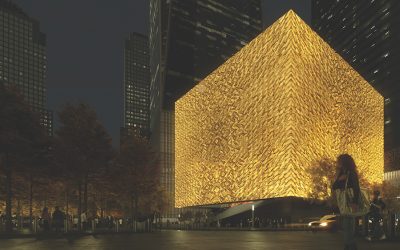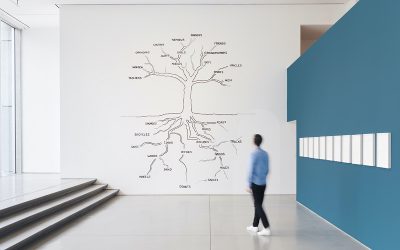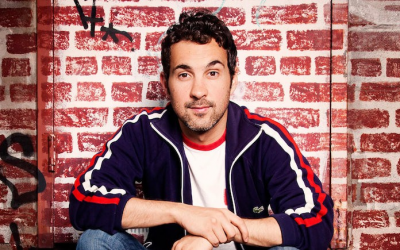Formed nearly 25 years ago in 1991, the members of Clutch have known one another since childhood. They entered the major label world with 1993’s Transnational Speedway League and stayed around there for nearly a decade. In 2015, Clutch remains popular as ever, even though they are now releasing their albums – like this year’s Psychic Warfare, their 11th full-length studio effort – through their own label, Weathermaker Music.
The loyalty of frontman Neil Fallon, guitarist Tim Sult, bassist Dan Maines and drummer Jean-Paul Gaster goes beyond the music. Psychic Warfare was produced by Machine (a.k.a. Gene Freeman), who first worked with Clutch on 2001’s Pure Rock Fury. The artwork for Psychic Warfare was handled by Dan Winters, who first oversaw art for the band with the aforementioned Transnational Speedway League. And beyond Clutch, Neil, Tim, Dan and Jean-Paul – alongside Opeth member Per Wiberg — are also known to perform under the name of The Bakerton Group, an instrumental blues-oriented “side project” that has put out an EP and two full-lengths.
The hard rock veterans will return to New York City with a Dec. 29 appearance at Terminal 5 alongside Valkyrie and Crobot. I had the opportunity to do some Q&A with Dan over e-mail, who kindly tackled a fair amount of nostalgia in my questions. For all your Clutch-related needs in the meantime, click on over to www.pro-rock.com.
Clutch formed as a high school band, which the same can be said about other notable groups like U2 and the Red Hot Chili Peppers. Was it everybody’s first band? Did Clutch start out playing covers?
Dan Maines: We did first get together to jam while still in high school, around 1988 or ’89, but Clutch didn’t come about until early 1991. It was my first experience playing music with others, I don’t think so for the others. We messed around with a few different incarnations before Clutch, and as far as I can recall no covers were involved.
Did Clutch ever participate in a high school battle of the bands?
D: No.
What do you remember about the first gig that you ever played in New York City?
D: I’m having a difficult time remembering this one. I consulted setlist.fm and was told we played The Academy on April 24, 1993. Seems to me we would have played there at some point before that but I honestly cannot recall.
Psychic Warfare came out on your own label, Weathermaker Music, which also releases album by Clutch side-projects. Is there anything you miss about being on a major label?
D: Nope! We got swept up in the major label frenzy that came in after the success of [Nirvana’s] Nevermind. We were very young and excited to have the opportunity. To the credit of every “major” we were signed to, they did allow us to make the record we wanted to make, more or less. When the sales didn’t meet expectations, we would get dropped to move onto another. This cycle repeated a few times. We did benefit from tour support in those years but we would have been on the road regardless, just with a little less weight. By the time we made Pure Rock Fury, we started to question whether a major label was really a good match for us. What followed was a period of time on an independent label, which started off decently enough and then just crashed and burned. We were really left with no other option. We were fortunate to already have the fanbase to support starting something on our own, and Weathermaker Music is something that continues to grow and improve every day and we couldn’t be happier.
Psychic Warfare was your 11th full-length album and it charted well overseas. Do you still enjoy the process of making an album? Or have you reconsidered the approach of recording singles and EPs?
D: We do. It’s difficult to predict where the business side of music is heading, so we try to concentrate on what we know. We grew up on albums, we still listen to albums, and to be honest it’s more interesting to write and record a full album rather than trying to break it down into a smaller quantity.
I recall that Clutch recorded one of its albums in a house that was known to be haunted. How do you usually determine where you make your albums? Is there anywhere Clutch hasn’t yet recorded but one day hopes to?
D: The album in question is The Elephant Riders, 1998. At the time we had a band house in Bakerton, West Virginia. It was an old farmhouse from the 1800’s with no neighbors in sight. We had all of our gear set up in the family room. We brought up our old friend Uncle Punchy and set up his mixing board in the spare bedroom upstairs. It may or may not have been haunted, but I do know it was infested with snakes! We switched labels in the middle of this recording and finished things up in Electric Ladyland studios in NYC, which was an incredible experience.
Are synchs and third-party licenses important to your staying alive as a band? Or these days, does Clutch primarily live off on being a touring band?
D: We are a touring band, hands down. We love the process of creating an album, but the real thrill comes from playing those fresh songs to an audience. It keeps us going.
For those who’ll be coming to see you at Terminal 5 in December with Valkyrie and Crobot, what should be expected? A mix of old and new?
D: We are leaning heavily on the Psychic Warfare material, along with a pretty diverse mix of older songs. We change the setlist up every night, so it’s not an easy thing to predict.
A lot of bands struggle to keep the same lineup in tact, especially when dealing with highs and lows, yet all four original members of Clutch are still there two and a half decades later. What advice would you have for a younger band and staying together?
D: I think what keeps us together in a large part is our humble beginnings. The most important thing for all of us is the music. As long as we still have a place to create music and play for an audience there will be Clutch. None of us had any grandiose plan of rock stardom, we just wanted to write good songs.
Having been all over the world many times over, what is it that keeps you based in Maryland?
D: It’s where I grew up, it’s really the only home I’ve known. We have a lot going on music scene wise between Baltimore and the Washington D.C. area. I’ve got the forest and the beach close by and you can’t mess with Maryland crabs!
Is there going to be another Bakerton Group album in the future?
D: I hope so. We love playing The Bakerton Group, but find ourselves with little time recently to focus on it. It’s good to get outside of our Clutch heads and roam around, some of my favorite shows have been with The Bakerton Group.
When you’re not busy with your career, how do you like to spend your free time?
D: I’m a family man, my little ones keep me very busy.
Do you have a favorite album of 2015?
D: So far my top albums of the year are Motorhead’s Bad Magic and The Sword’s High Country.
Is there something that you wish more people knew about Clutch?
D: We have the hardest working road crew known to man.
Finally, Dan, any last words for the kids?
D: Hope to see you at the gig, and stay funky.
-by Darren Paltrowitz

